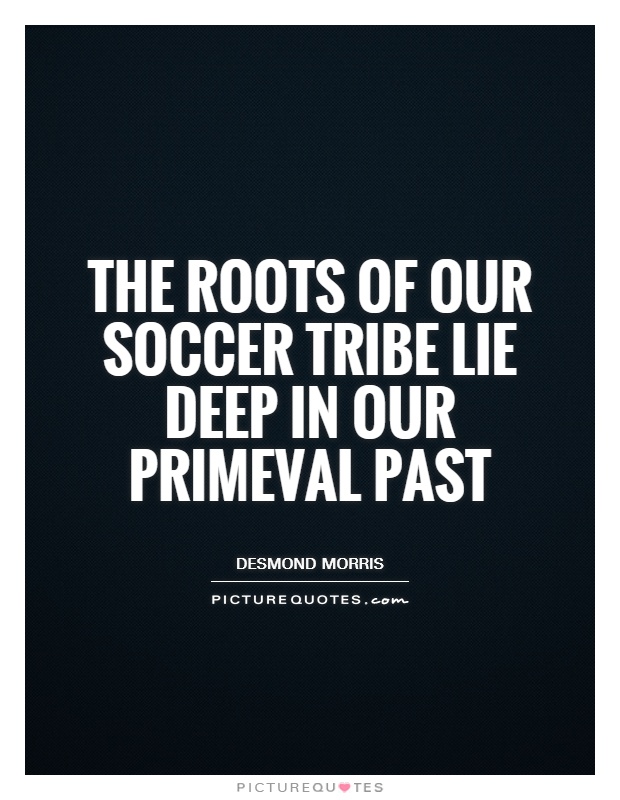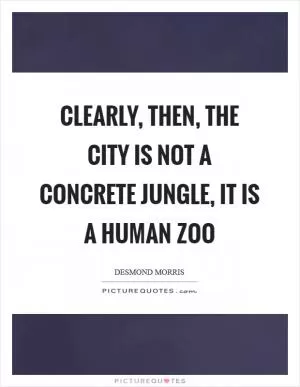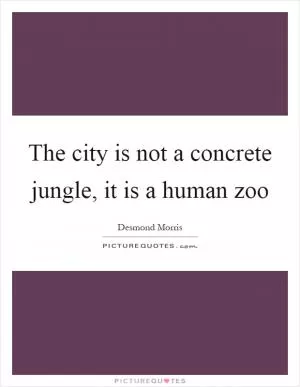The roots of our Soccer Tribe lie deep in our primeval past

The roots of our Soccer Tribe lie deep in our primeval past
Desmond Morris, a renowned British zoologist and ethologist, is known for his groundbreaking work in the field of human behavior and evolution. In his book "The Soccer Tribe," Morris explores the deep-rooted connection between humans and the sport of soccer, arguing that the roots of our soccer tribe lie deep in our primeval past.Morris suggests that soccer, or football as it is known in many parts of the world, taps into primal instincts and behaviors that have been ingrained in humans for thousands of years. He argues that the sport satisfies a variety of innate needs and desires, such as the need for competition, social bonding, and physical exertion.
One of the key aspects of soccer that Morris highlights is its ability to bring people together in a shared experience of excitement and camaraderie. He describes how the tribal nature of the sport creates a sense of belonging and unity among fans, who come together to support their team and celebrate victories. This sense of belonging to a larger group is reminiscent of the social structures that were prevalent in early human societies, where cooperation and teamwork were essential for survival.
Morris also delves into the physical aspects of soccer, pointing out how the sport allows players to channel their primal instincts for hunting and gathering into a structured and competitive game. The fast-paced nature of soccer, with its emphasis on speed, agility, and coordination, mirrors the physical challenges that early humans would have faced in their daily lives.
Overall, Morris's exploration of the roots of our soccer tribe in our primeval past sheds light on the enduring appeal of the sport and its ability to tap into deep-seated human instincts and behaviors. By understanding the evolutionary origins of soccer, we can gain a greater appreciation for the sport and the ways in which it connects us to our ancient ancestors.












 Friendship Quotes
Friendship Quotes Love Quotes
Love Quotes Life Quotes
Life Quotes Funny Quotes
Funny Quotes Motivational Quotes
Motivational Quotes Inspirational Quotes
Inspirational Quotes